Entertainment
Trump orders 75-day suspension on TikTok ban
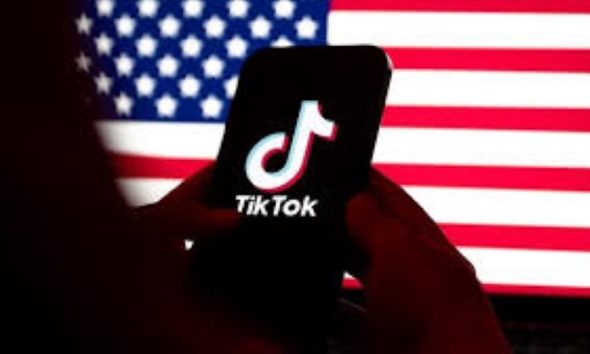

U.S. President Donald Trump has signed an executive order placing a 75-day hold on enforcing a law that would effectively ban TikTok in the United States.
The move aims to provide time for a potential resolution involving a partnership between U.S. entities and ByteDance, the Chinese parent company of the popular social media app.
The controversial law, Protecting Americans from Foreign Adversary Controlled Applications Act, took effect on January 19, mandating the removal and restriction of TikTok from app stores and preventing future updates. Signed into law by former President Joe Biden, it had raised concerns about national security threats posed by Chinese data collection practices.
Speaking at the White House, Trump floated the idea of a 50-50 partnership with ByteDance. “I have a soft spot for TikTok. It helped us with the youth vote. We’ll need China’s approval, but I’m optimistic. If they refuse, tariffs could be on the table,” he warned.
TikTok briefly went offline in the U.S. before the executive order reversed the ban, restoring service. In a statement, the company credited Trump’s swift action for the reversal. Previously, the Biden administration had signaled no plans to halt the ban, making Trump’s intervention a key factor in the platform’s continued operation.
Trump’s latest bid to forge a U.S.-China business alliance marks a dramatic policy shift from his first presidency, when he sought to ban TikTok outright over security concerns. At the time, U.S. authorities accused ByteDance of potential data misuse and covert influence on American public opinion.
The executive order requires the U.S. Attorney General to issue directives shielding companies like Apple, Google, and Oracle from liability as they continue to host and service TikTok. Failure to comply with the ban would have subjected firms to penalties of up to $5,000 per user.
Trump emphasized that the temporary suspension provides a window for negotiations aimed at safeguarding national security while preserving a platform enjoyed by 170 million Americans. He also touted his proposed joint venture’s potential to push TikTok’s value to $1 trillion, underscoring his commitment to a deal that benefits U.S. economic interests.
-
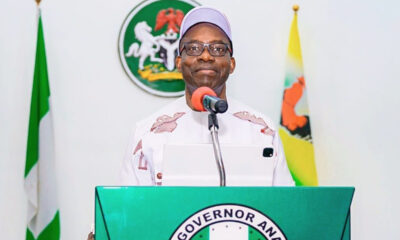
 Crime and Law2 days ago
Crime and Law2 days agoOkonkwo petitions Soludo over alleged breach of law
-

 Entertainment2 days ago
Entertainment2 days agoI built a Celestial Church – K1 De Ultimate
-

 Entertainment2 days ago
Entertainment2 days agoSophia Momodu faces backlash over comment on Priscilla Ojo’s lavish wedding
-
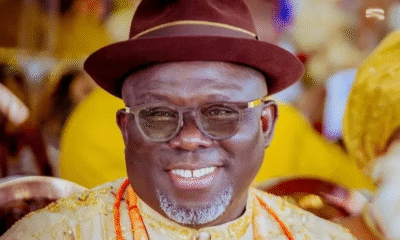
 Politics2 days ago
Politics2 days agoOchei hails Oborevwori, others after joining APC
-
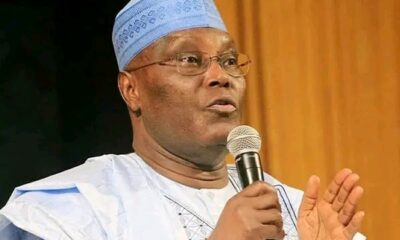
 Politics2 days ago
Politics2 days ago2027: Governors’ defections to APC won’t distract us – Atiku-led Coalition
-

 Opinion2 days ago
Opinion2 days ago2027: Why Nigerians need Shehu Sani in 11th NASS, by Victor Bobai
-
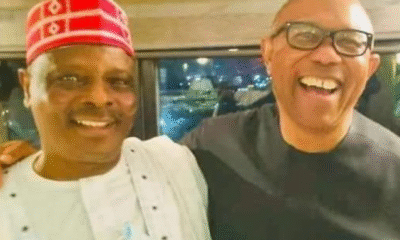
 Politics2 days ago
Politics2 days agoAdeyanju accuses Obi, Kwankwaso of working for Tinubu in 2023 election
-

 National News2 days ago
National News2 days agoArmy calls for emerging technology to ensure battlefield success





















